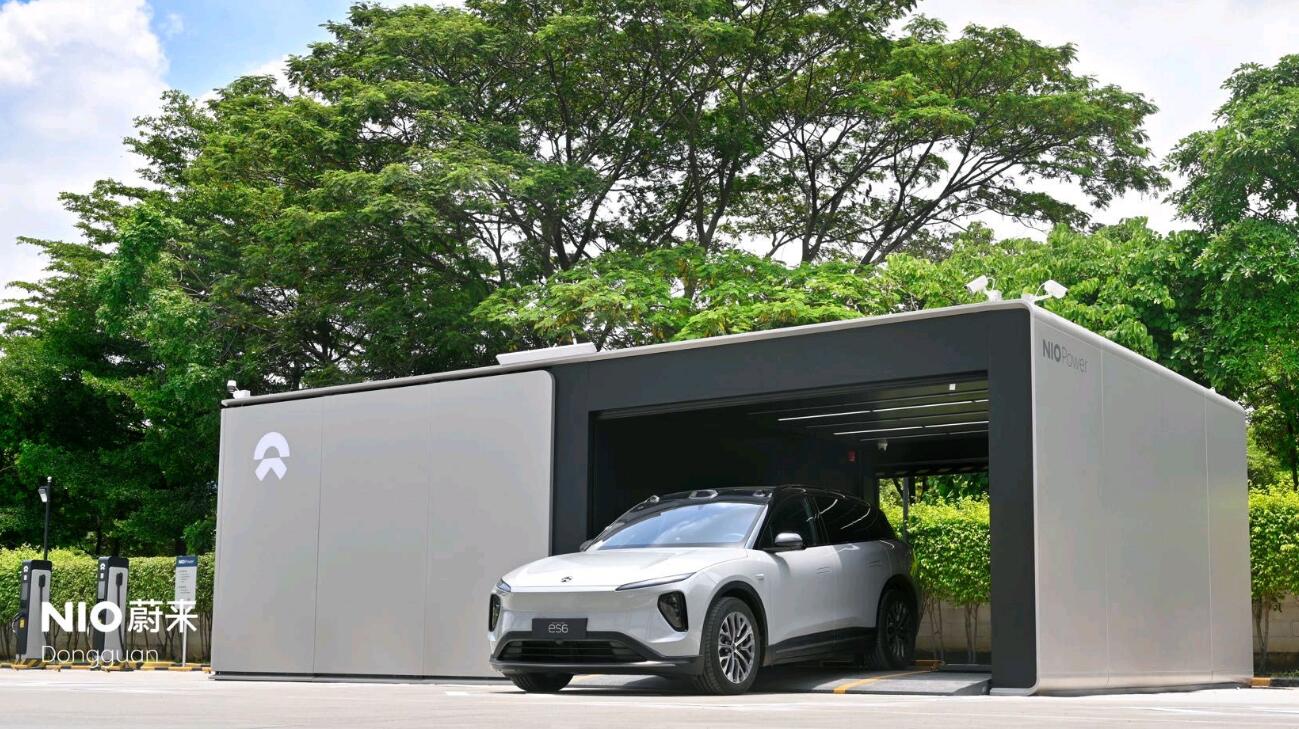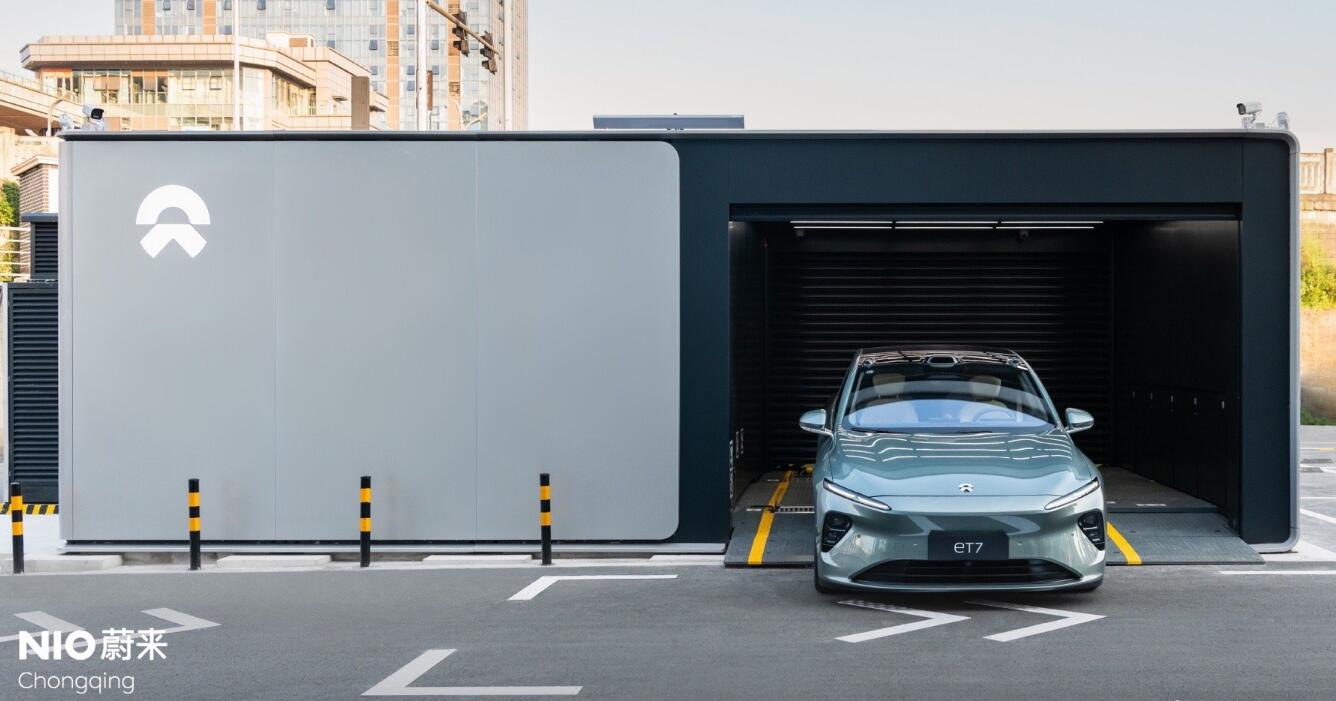Zeekr is offering customers who buy the Zeekr 001 at least RMB 28,000 worth of option benefits in the third quarter, as it aims to deliver about 140,000 vehicles this year.

Geely's premium electric vehicle (EV) brand Zeekr is back above the 10,000-unit mark in monthly deliveries and is starting to offer limited-time benefits for its flagship model to meet annual delivery targets.
Zeekr delivered 10,620 units in June, up 146.86 percent year-on-year and up 22.38 percent from May, according to data released today.
This is the fifth sequential increase in monthly deliveries for Zeekr. It delivered above 10,000 units each month in the fourth quarter of last year, but deliveries fell to 3,116 units in January, due in part to a plant shutdown for an upgrade.
In the second quarter, Zeekr delivered 27,399 vehicles, up 154.42 percent year-on-year and up 79.85 percent from the first quarter.

In the first half of the year, Zeekr delivered 42,633 vehicles, up 124.27 percent from 19,010 vehicles in the same period last year.
Zeekr aims to double its deliveries this year from last year to about 140,000 units, which means it will need to deliver an average of about 16,230 vehicles per month in the second half of this year.
At the end of June, Zeekr's cumulative deliveries since its inception stood at 120,581 vehicles, according to data monitored by CnEVPost.
Zeekr was officially launched as an independent company in March 2021, with its first model, the Zeekr 001, launched on April 15, 2021, and deliveries beginning in October 2021.
On November 1, 2022, Zeekr's second model, the Zeekr 009 MPV, was launched, and its deliveries began on January 15.
On April 12, Zeekr launched its third model, the Zeekr X, and its deliveries in China began on June 12.
To meet full-year sales targets and to address the increasingly competitive EV market, Zeekr today announced the start of a limited-time free option benefit for the Zeekr 001, valid from July-September.
Chinese consumers will receive a free blue exterior trim valued at RMB 6,000 ($830) with the purchase of the entire Zeekr 001 model line.
The Zeekr 001 is currently available in four versions -- WE with a 100-kWh battery pack, WE with an 86 kWh battery pack, ME with a 100 kWh battery pack and YOU with a 100 kWh battery pack, with starting prices of RMB 300,000, RMB 300,000, RMB 349,000 and RMB 349,000 respectively.

Customers who purchase the WE version in the third quarter will receive a free option fund worth RMB 28,000 to receive upgrades including a 100-kWh battery pack, dual-motor 4WD, or air suspension.
Customers who purchase the Zeekr 001 ME Edition will receive a free optional air suspension package worth RMB 28,000.
Customers who purchase the YOU Edition model will receive a free optional Z-Sport package worth RMB 35,000, according to Zeekr.
In addition, customers who purchase the Zeekr 001 YOU Edition can also receive free lifetime charging rights or one-time credits worth RMB 12,000.
Zeekr also offers limited-time loan offers for all models, including a 2-year 0 percent interest, or 5-year 1.99 percent low-interest finance package capped at RMB 200,000.
($1 = RMB 7.2523)
The post Zeekr delivers 10,620 vehicles in Jun, begins offering large purchase benefits appeared first on CnEVPost.
For more articles, please visit CnEVPost.














